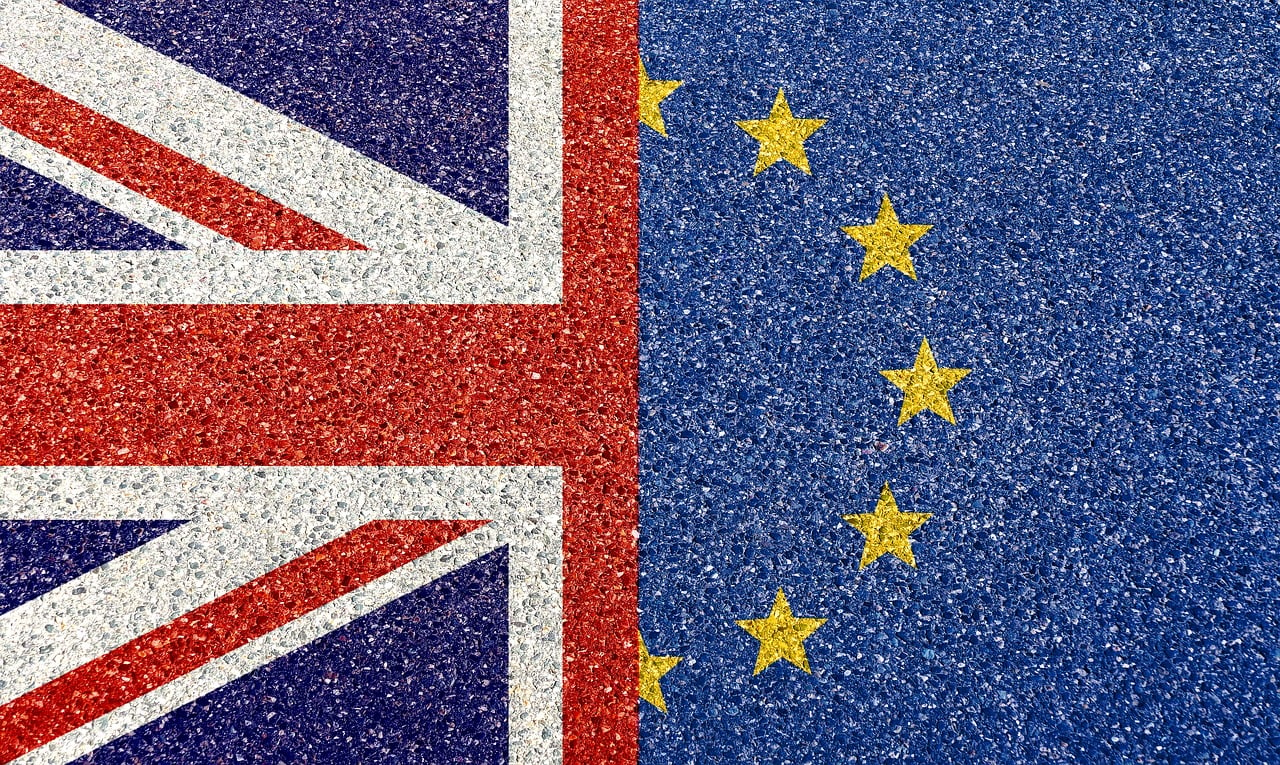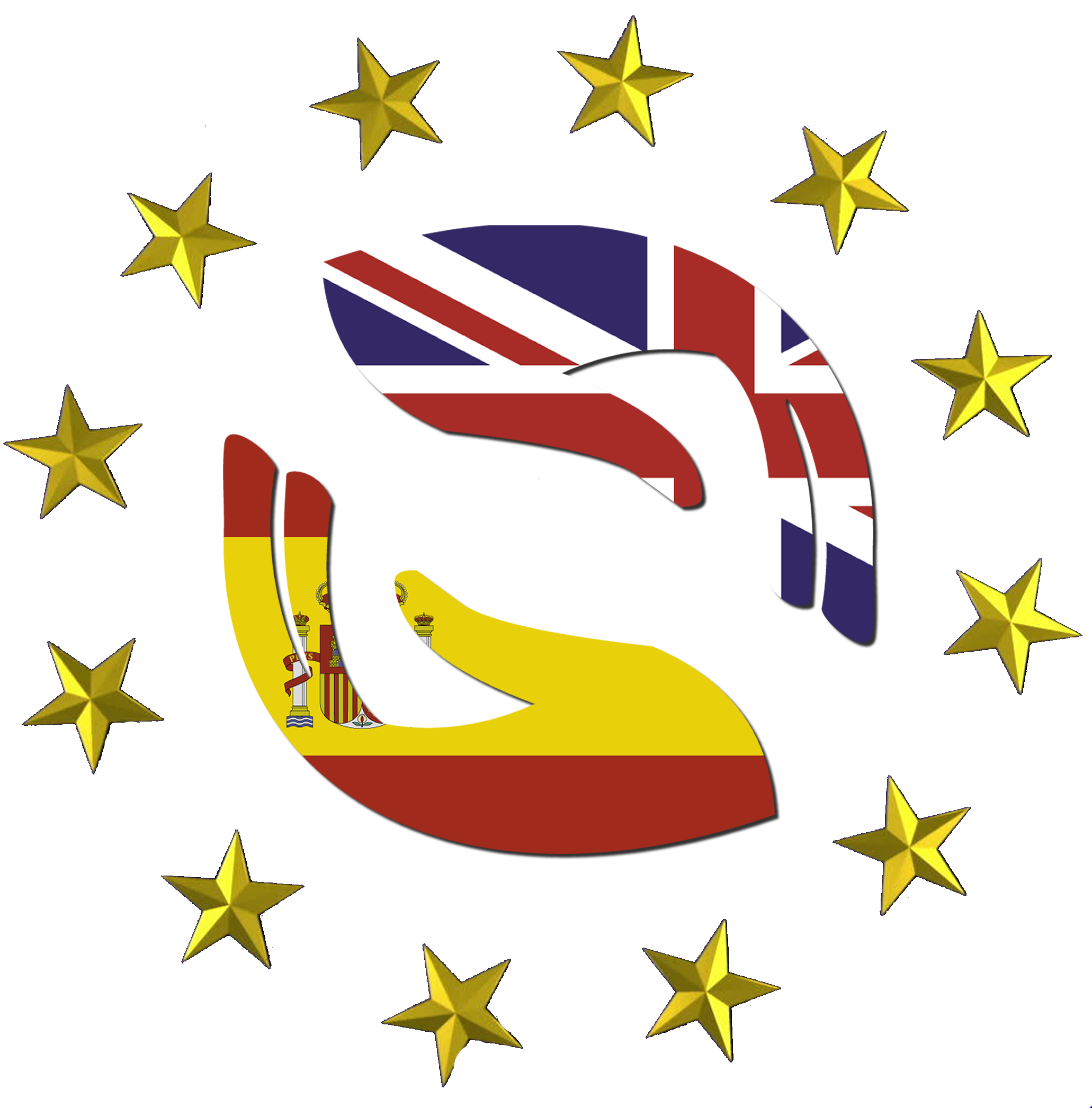Brendan Donnelly is Director of the leading British pro-EU think tank, the Federal Trust, and leader of the Rejoin EU party. He is a former Conservative MEP but left the party over its anti-European stance.
Before becoming an MEP Brendan had worked in the UK Foreign Office and the European Commission, having studied classics at Oxford.
Steve Wilson : Do you believe it’s possible to get Labour to abandon any of its Brexit red lines during this Parliamentary term?
I do not think Labour will be able to maintain its present minimalist line on Europe throughout the whole Parliament. The failure of Brexit can only become clearer in the coming years; the probably mediocre performance of the British economy will increase pressure to pursue the obvious benefits accruing from closer economic relations with the EU; and the election of Donald Trump is likely to force the UK to choose between improving its economic ties with the EU and maintaining good political relations with Washington. Having exhausted all the alternatives, Keir Starmer will eventually be forced to move in the right direction on Europe. Domestic political pressure will help him to move further, faster.
Lisa Burton : Many say the EU won’t have the UK back unless there is a strong consensus across the political sphere. As a former Conservative, do you think the party can ever be persuaded to retake a pro-European stance?
Not in its present form. I do, however, think the Conservative Party is very unlikely to survive in its present form, since it is subject to political pressure both from Reform on the right and from the left by centrist parties. I expect Reform will come to dominate the right wing of British politics, but only as a marginal party, representing say 20% of the electorate. This splintering and shrivelling of the right-wing vote will make the UK’s rejoining of the EU easier.
Ruth Woodhouse : In terms of renewed participation in European initiatives open to non-EU members, which would you prioritise and why?
It was unnecessary for the UK to leave the Erasmus Programme, and the Conservative government only did so to please UKIP supporters, who were traditionally uneasy with the idea of young Britons being encouraged by their studies and personal experiences to think of themselves as “Europeans”. I am in favour of Erasmus for the same reasons UKIP supporters were against it
Michael Soffe : As a newly re-enfranchised overseas voter, I lent my vote to Labour in the last GE although you had a candidate in my constituency, to try and ensure the Tories lost. I would really rather vote for a “rejoin” party. How will you convince me? Do you believe you have the funding to field many more candidates at the next GE?
Our primary focus in the next two years is to fight and put up a creditable performance in as many elections as possible, especially Parliamentary by-elections. As a political party, we exist in order to show current mainstream politicians that there are votes in wanting to rejoin the EU. If we can do that, then new resources will very probably become available to us. How we might wish or be able to participate in the next General Election will be matter for decision nearer the time.

John Hodges : The Tories have promised to reverse any return to the SM/CU. So, if Labour were to negotiate a return to the SM and maybe the CU as well (admittedly a big ‘if’ at the moment), can safeguards be put in place to prevent the Tories doing so easily?
I am not sure that it will be possible to negotiate a return to the SM/CU without rejoining the EU as a whole. It might well seem to our EU partners that once again the UK was “cherry-picking.” If there were some new arrangement between the EU and UK which approximated to membership of the Single Market, there could be no guarantee against a determined later government unpicking this arrangement. The best guarantee of British seriousness about the European Union would be for us to rejoin whole-heartedly, including membership of the Euro, from which it is very difficult to exit easily.
Anne Parry : As defence and security are still national competencies, would it make sense for the UK to seek to reset relations with EU member states on military issues, given the threat that Russia and their autocratic allies pose to our freedom?
Yes indeed, but it should not be supposed that this enhanced co-operation will pave the way for British re-entry into the EU. A better general bilateral atmosphere between the EU and UK will not resolve the question of British willingness or otherwise to accept sovereignty-pooling within the EU’s spheres of competence and to respect the legitimate roles of the EU’s central institutions.
David Eldridge : Do you think Trump’s victory will force the UK government to seek closer ties to the EU quicker than planned?
Trump divides the world into his enemies and his friends. From his friends he demands unconditional loyalty, for very little in return. Trump has never concealed his contempt for the European Union. It may be tempting for the Labour government to believe it can be friends with Donald Trump, without abandoning its hopes of “resetting” its relationship with the EU. This is a delusion. Starmer will have to choose between an American orientation for the UK and a European orientation. The unpopularity of Trump and of his most prominent British supporter Nigel Farage with the British electorate would make the American option electorally suicidal for Starmer.






